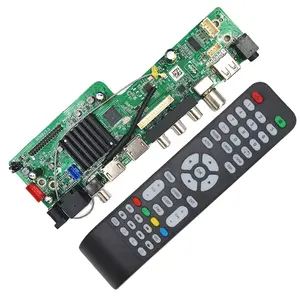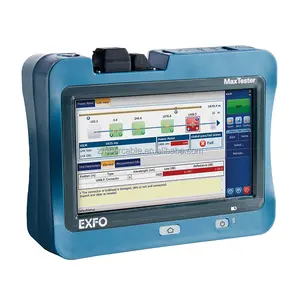Popular in your industry
































































































































































































Top categories
About carrier chip
A carrier chip is a type of integrated circuit (IC) that is mounted on a substrate or a carrier. It serves as a platform for the IC to be connected to other components in an electronic system. A carrier chip can come in various forms, such as a leadless chip carrier (LCC), a plastic leaded chip carrier (PLCC), or a ceramic LCC. These different configurations allow for flexibility in design and application, making carrier chips a versatile option in the realm of semiconductor packaging.
Types of Carrier Chip
There are several types of carrier chips. A leadless chip carrier (LCC) is a type of chip carrier with no leads extending from the package. Instead, the connections are made through pads on the bottom of the package. This design offers advantages in terms of space efficiency and high-frequency performance. An example of a leadless chip carrier is the LCC-20, which has 20 leads and is commonly used in various electronic applications. A plastic leaded chip carrier (PLCC) is a type of chip carrier that has leads made of metal, typically copper alloy, extending from the sides of the package. This configuration aids in the easy soldering of the package to a printed circuit board (PCB). PLCCs are known for their robustness and resistance to external factors like moisture and corrosion. A ceramic LCC, as the name suggests, is a type of LCC package made from ceramic material. This offers advantages in terms of thermal performance and durability. Ceramic LCCs are often preferred in applications where high reliability and efficient heat dissipation are crucial, such as in aerospace and automotive electronics.
Materials of Carrier Chip
The choice of material for a carrier chip depends on the specific requirements of the application. Common materials used in the production of carrier chips include ceramic, plastic, and metal. Ceramic materials are favored for their excellent thermal conductivity, mechanical strength, and resistance to harsh environments. This makes ceramic LCCs ideal for applications where thermal management and reliability are paramount, such as in aerospace and automotive electronics. Plastic is another commonly used material for chip carriers, offering cost-effective and lightweight solutions. Plastic leaded chip carriers (PLCCs) are known for their ease of handling and robustness in various operating conditions. These chips can be found in consumer electronics, industrial control systems, and other applications requiring a balance of performance and cost efficiency. Metal, particularly copper and its alloys, is used in the production of chip leads. Metal leads provide good electrical conductivity and facilitate the soldering process, ensuring secure connections to the PCB. The choice of material for the carrier chip is a critical consideration in semiconductor packaging and directly impacts the performance, reliability, and cost of the electronic system.
Applications of Carrier Chip
Carrier chips are utilized in a diverse range of electronic applications, owing to their ability to provide a reliable platform for mounting and interconnecting semiconductor devices. Leadless chip carriers (LCCs) find applications in high-frequency and high-density electronic systems. For instance, they are commonly used in communication equipment, such as routers and base stations, where signal integrity and compact design are crucial. Plastic leaded chip carriers (PLCCs) are found in various consumer electronics, including televisions, gaming consoles, and home appliances, where their robust construction and ease of manufacturing make them a practical choice. Ceramic LCCs are deployed in demanding environments, such as aerospace and automotive applications, for their thermal performance and mechanical reliability. Additionally, carrier chips are used in industrial control systems, medical devices, and automotive electronics to ensure the efficient and reliable operation of the interconnected semiconductor components. The flexibility and diversity of carrier chips contribute to their widespread adoption across industries, making them an integral part of modern electronic systems.


























































